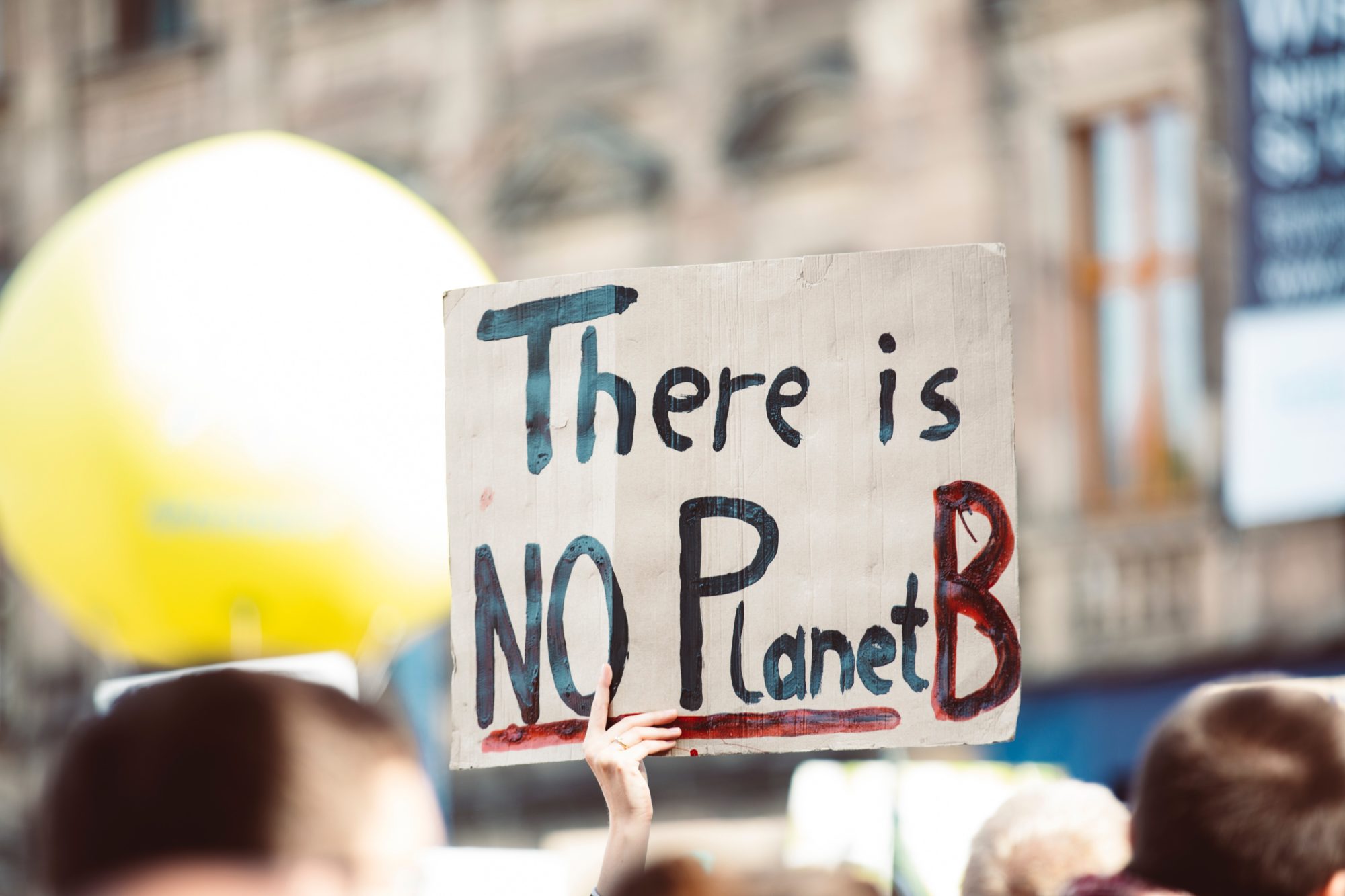In June 2020 the UNFCCC Intersessionals (or SB Meetings) should have taken place, just like every year. However, due to the ongoing COVID-19 pandemic, the 52nd meeting of the Subsidiary Bodies (SB52) was postponed to October 2020.
In order to maintain momentum in the UN Climate Change process, a series of virtual events took place from 1 to 10 June. The so-called “June Momentum for Climate Change” provided a platform for the exchange of information among governments, experts and relevant stakeholders.
Topics that were covered included adaptation, mitigation, science, finance, technology, capacity-building, transparency, gender, Action for Climate Empowerment, and the preparation and submission of Nationally Determined Contributions (NDCs). In addition, SB Chairs consulted with observers, and the UNFCCC Secretariat and the COP 25 Presidency held consultations with Constituency Focal Points on stakeholder engagement towards COP 26.
As the June Momentum was not designed to replace formal negotiations, there was no concrete decision or outcome document.
Sustainable and green recovery as a key theme
The opening on 1 June highlighted the importance of a sustainable and green recovery from the COVID-19 pandemic with Selwin Hart, Assistant Secretary-General for the Climate Action Team, outlining the UN Secretary-General’s six climate-related actions to shape the recovery. These actions, which were introduced by the Secretary-General on a message celebrating Earth Day on 22 April, encompass:
- Delivering new jobs and businesses through a clean and green transition.
- Achieving green jobs and sustainable growth as a prerequisite for rescuing businesses.
- Shifting from the grey to green economy, and make societies and people more resilient.
- Public funds to flow to sustainable sectors and projects that help the environment and the climate, ending fossil fuel subsidies, as well as polluters starting to pay for their pollution.
- Climate risks and opportunities to be incorporated into the financial system, as well as into all aspects of public policy-making and infrastructure.
- Working together as an international community.
SB Chairs briefing to observers
In the framework of the June Momentum, the Chairs of the Subsidiary Body for Implementation (SBI) and the Subsidiary Body for Scientific and Technological Advice (SBSTA) hosted a briefing for observers, including the LGMA Constituency. They presented their expectations for the SB52, to be held in Bonn from 4 to 12 October, and a timeline towards the meeting, including further virtual meetings in the run-up and after the conference. On raising ambition on climate action by Parties, the SB Chairs commented that while they do not have the mandate to negotiate, the work of the SBs can be part of creating the necessary frameworks, including tools, methods and support, that are needed to ensure and foster ambitious NDCs.
Launch of the Technical Examination Process on Adaptation (TEP-A)
The June Momentum also saw the launch of the Technical Examination Process on Adaptation (TEP-A) in the form of a video. The 2020 TEP-A will focus on the topic of “Education and training, public participation and youth to enhance adaptation action.” The process will take place over several months, with events and related activities beginning in June and concluding in October with the Technical Expert Meeting on Adaptation (TEM-A) in the framework of the SB52 conference. It will include creative ideas for policy briefs and case studies, video messages, virtual talks and workshops, art competitions and more.
Race-To-Zero Campaign
A highlight of June Momentum was the launch of the Race to Zero Campaign by the UNFCCC High-Level Champions Nigel Topping (COP 26) and Gonzalo Muñoz (COP 25). The Campaign, which builds on the Climate Ambition Alliance, mobilises a coalition of leading net zero initiatives, (as of 5 June) representing 449 cities, 992 businesses, 38 of the biggest investors, 505 universities, as well as 21 regions, including Regions4 members Basque Country, Catalonia, Navarra, Scotland and Wales. To maintain quality control, Oxford University has set out minimum criteria for robust Race to Zero targets.
Individual actors, such as regions, are invited to join an initiative or network, which is an official Race to Zero partner. By joining one of the partners they will be directly included in the Race to Zero.
More information on the conference, including a comprehensive list of all June Momentum events and recordings, can be found here.



